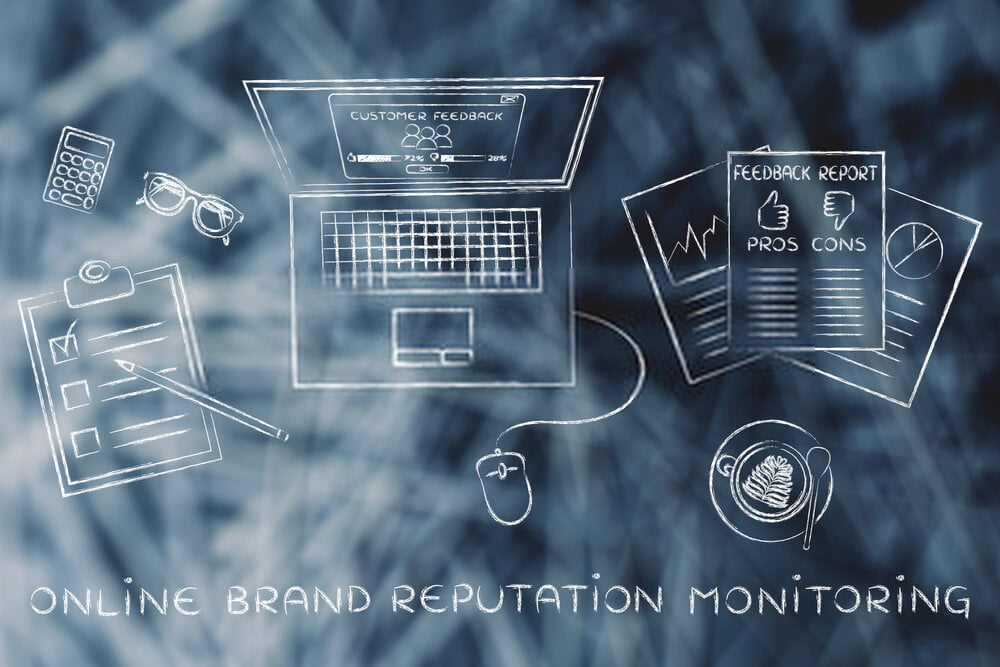
With the Internet’s power, it’s never been more important to know what people are saying about you and your business. Someone can leave negative reviews about your business in forums, blogs, articles, press releases, websites, or Google Places for Business, and do major damage to your business.
You can’t ignore what people say about your business. It will either help you or hurt you. Either way, you’ve got to know so you can help yourself.
How Can You Protect Yourself?
There are two elements to an effective online reputation management strategy. One is monitoring what’s being said, and the other is building a hedge of protection for yourself.
● Monitoring What People Say
There are several ways to monitor what people are saying about you online. One of the easiest ways is to set Google Alerts for your name and your business’s name. This will allow you to get an email every time Google notices you’re mentioned.
As soon as you get one of these alerts, analyze it and see whether it’s positive, negative, or irrelevant. Unless you’ve got a very unusual name, you’ll get a lot of alerts that refer to someone else.
If you get a positive alert, consider how you could use the contents to improve your Internet presence. You could link to it from your social media accounts, include it in a blog post, or use the content in a press release if it’s newsworthy.
If it’s a negative alert, you’ll want to address it as quickly as possible. The appropriate response will depend on the nature of the complaint – but you’ll want to do whatever you can to fix it if it’s justified, or bury it if it’s not.
If you find yourself needing to bury unjustified bad press, you’re actually in reputation repair mode now. One of the fastest ways to bury bad search engine results is to displace them with positive ones that the search engines trust.
The fastest way to achieve that is to invest in a press release with PRWeb. Press releases distributed through this service show up quite quickly and dominate pages of search engine results. It’s not a permanent fix, because as the press release ages, it becomes less powerful – but it will give you time to create other online content to help your cause.
● The Hedge
No one goes past page one of the search engines unless they’re motivated to do thorough research.
If you can lock up the whole first page or two of search results for your name and your business name, you’ll make it harder for someone to blast you online.
You build the hedge first by ensuring your domains feature your name and your business name. While the variations here are endless, with .com, .net, .info, .tv, .co, .org, etc. you may want to invest in several for added protection.
You also want to be sure you create content (articles, press releases, and videos) that use your name or business name as a keyword. They will show up and take up valuable real estate on that front page of Google, making it more challenging for someone with malicious intent to break into those top spots.
In Conclusion
The key to online reputation monitoring, management, and repair, if it comes to that, is having a system that lets you stay vigilant in protecting yourself. It’s not a task most business owners have on their radar – or know how to do efficiently, but it’s essential.
